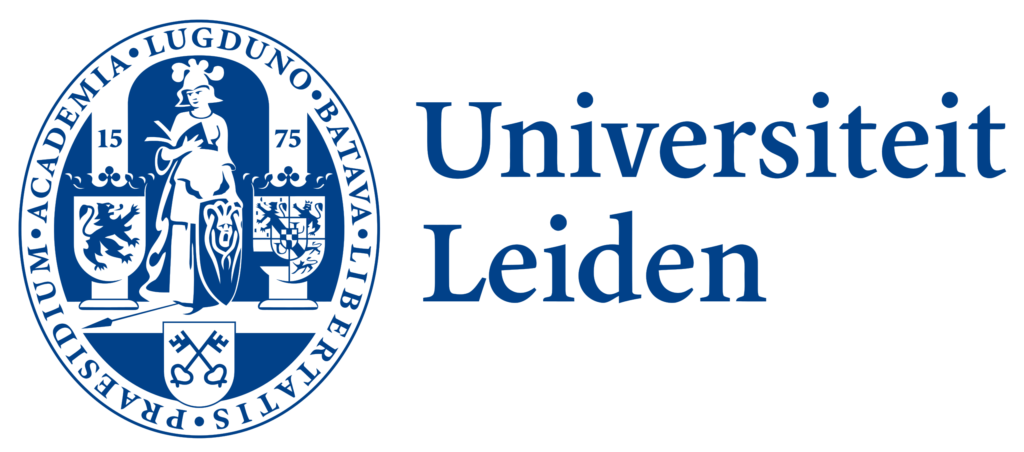
Dr Sabine K Witting
CEO Africa and Europe
Human Rights Lawyer
CDT (Center for Democracy and Technology) Non-Resident Fellow
Member of AIfrica Conversations
Advanced Legislative Drafting Certification, University of Cape Town, 2022
PhD in Law (Title: ‘Child sexual abuse in the digital era – Rethinking legal frameworks and transnational law enforcement collaboration), Leiden University, 2020
1st state examination in Law (equals Master’s degree), Goethe University Frankfurt am Main, 2015
Biography
Dr Sabine K Witting is a German lawyer and academic with 10 years of experience in human rights, child rights and digital technologies.
Specialising in constitutional law and European law during her studies in Germany and China, Sabine always had a keen interest in advancing human rights, particularly those of vulnerable groups, in a rapidly changing digital environment. After completing her law degree in Germany, Sabine held United Nations staff member positions in Namibia and Zimbabwe for seven years, leading law and policy reforms on cybercrime, private sector responsibility and digital technologies. She returned to independent consulting in 2022 to work with UNICEF’s East Asia and Pacific Regional Office on Children’s Rights and Digital Technologies. In these roles, she advises governments, regional bodies, the private sector and UN agencies on laws and policies dealing with human rights, business sector responsibility and digital technologies. Sabine is a CDT (Center for Democracy and Technology) Non-Resident Fellow and was also certified as a legal drafter in 2022.
In addition to her work in human rights law in Africa and Asia, Sabine is passionate about academia. She holds a PhD in Law from Leiden University and is currently an Assistant Professor for Law and Digital Technologies at eLaw – Center for Law and Digital Technologies (Leiden University). Her research focuses on the intersection between human rights, children’s rights, platform regulation and digital technologies, with a focus on the EU. She recently published a book on the United Nations Convention on the Rights of the Child, and has authored numerous journal articles, blog posts, and newspaper articles on human rights, children’s rights and digital technologies.
Sabine has been living in Zimbabwe since 2019.
Publications
2024 – A child rights-based approach to adolescents’ sexuality, co-authored with Prof Ann Skelton, Chair of the UN Committee on the Rights of the Child, Leiden Law Blog.
2024 – Kinder vor sexuellem Missbrauch im digitalen Umfeld schützen, Computer und Recht 2024 (2), 138-144.
2023 – ‘Voluntary detection orders’ under the proposed EU Child Sexual Abuse Regulation violate EU (privacy) law, European Law Blog
2023 – Chatkontrolle verletzt sexuelle Selbstbestimmung von Jugendlichen, Netzpolitik.org
2023 – Outcome report of the 2nd expert workshop on EU proposed regulation on preventing and combating child sexual abuse, Leiden University/Amsterdam University/ECPAT International
2023 – Outcome report of the 1st expert workshop on EU proposed regulation on preventing and combating child sexual abuse, Council of Europe/Leiden University/Amsterdam University/ECPAT International
2022 – A Commentary on the United Nations Convention on the Rights of the Child Optional Protocol on the sale of children, child prostitution and child pornography, Brill Publishers
2022 – Children’s participation in digital policy making, Global Kids Online
2022 – Strengthening protection of women and children from online violence through the new Data Protection Act, UNICEF Zimbabwe
2022 – Technical Submission regarding the European Union’s Proposal for a Regulation of the European Parliament and of the Council Laying Down Rules to prevent and combat child sexual abuse, EU Consultative Process
2021 – Transnational by Default: Online Child Sexual Abuse Respects No Borders, International Journal of Children’s Rights
2021 – Walking a tightrope on an ethernet cable – the CRC Committee’s General Comment No 25 on children’s rights in relation to the digital environment,Leiden Law Blog
2020 – Child sexual abuse in the digital era – Rethinking legal frameworks and transnational law enforcement collaboration, Leiden University
2020 – Encryption, Privacy and Children’s Right to Protection from Harm, UNICEF Innocenti
2019 – Regulating bodies: the moral panic of child sexuality in the digital era, Critical Quarterly for Legislation and Law
2018 – The “Greyscale” of “Child Pornography”: Of Mangas, Avatars and School Girls: Part 1 and 2, Computer and Telecommunications Law Review
2018 – Do ut des: Disseminating online child sexual abuse material for investigative purposes?, Journal of Universal Computer Science, Proceedings of the Central European Cybersecurity Conference 2018
2018 – Transnational Cybercrime against Children – An analysis of legal standards and concepts in: Shaping the Human Security Landscape in Southern Africa, Konrad Adenauer Foundation Namibia
2017 – Nach dem Fahndungserfolg ist vor der Rechtsverletzung: Öffentlichkeitsfahndung nach Opfern von Straftaten, Verfassungsblog
2016 – Regulation of Child Online Sexual Abuse – Legal Analysis of International Law and Comparative Legal Analysis, UNICEF Namibia
“Digital technologies have the potential to become a positive human rights catalyst, enabling the ones furthest left behind to reach their full potential. However, human rights, especially the rights of the most vulnerable populations, are often a mere afterthought when developing and regulating digital technologies.
The time is now to bring the voices of the most affected yet underrepresented populations to the table, shaping a digital environment for all.”

